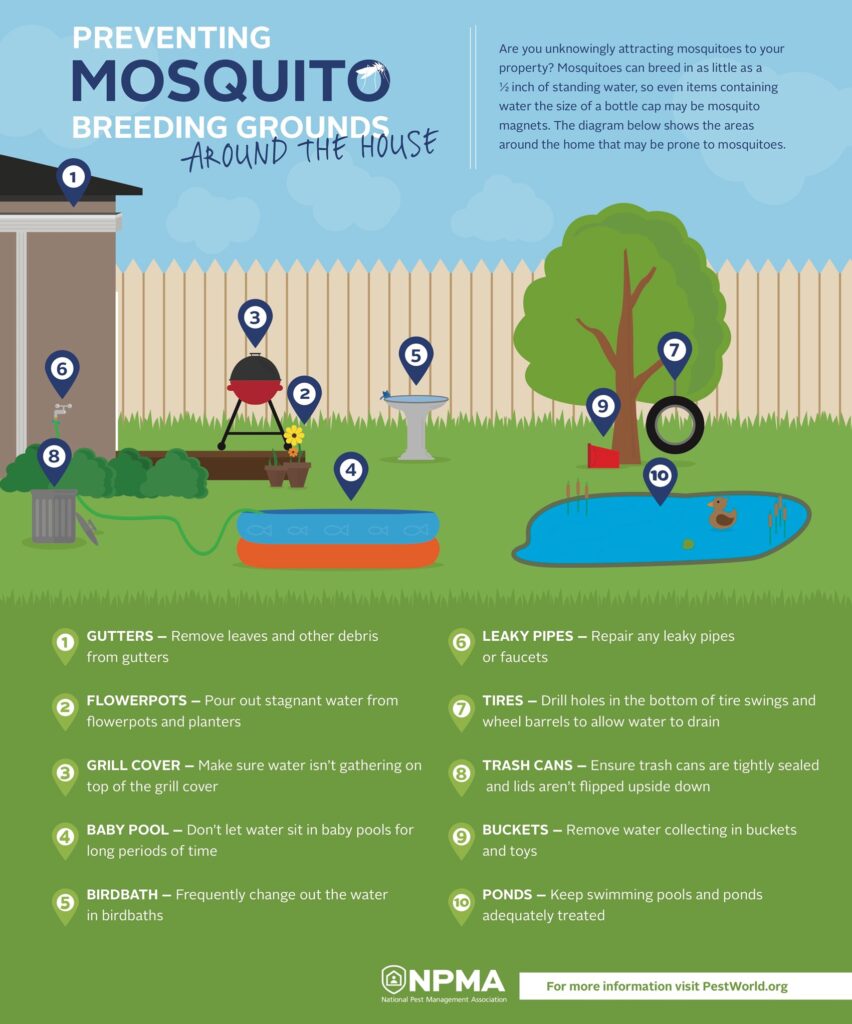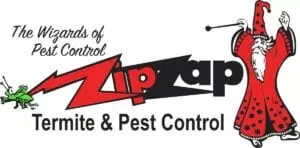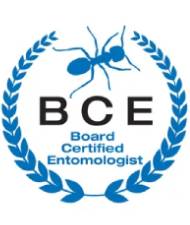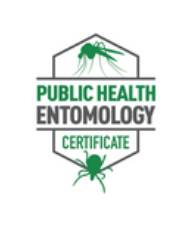Mosquito Breeding Sites Around Your Home Preventing them
Mosquito Breeding Sites
Mosquito breeding sites can turn your backyard oasis into an itchy nightmare. But the surprising truth is their breeding grounds aren’t limited to swamps or ditches. They can thrive in small pockets of water around your home, often in places you wouldn’t even suspect.
This guide will uncover these hidden mosquito breeding sites and show you simple ways to eliminate them, creating a more enjoyable and bite-free outdoor space.

Preventing Mosquito Breeding Grounds
- Gutters—Clean gutters mean less standing water and fewer mosquitoes around your home. This makes your outdoor space more enjoyable and reduces the risk of mosquito-borne diseases.
- Flowerpots—Emptying any accumulated water in your flowerpot saucers can help prevent these attractive little containers from turning into mosquito breeding sites.
- Grill covers—While meant to protect your grill, they can unintentionally become surprise breeding grounds for mosquitoes. For instance, Inspect and clean the cover regularly to remove any debris that might trap water and become a breeding site for mosquitoes.
- Baby pool- Mosquitoes only need a tiny amount of stagnant water to lay their eggs. A baby pool – especially one not used frequently – can be the perfect little mosquito motel. Some rainwater or leftover water from playtime can create a mosquito breeding site.
- Birdbath—Unlike a large pond or clogged gutter, a birdbath might not immediately appear as a breeding ground. Its small size and placement can make it easy to overlook. Allowing mosquito populations to flourish right next to your patio.
- Leaky pipes or faucets – Leaky pipes and faucets outside your home might seem like minor inconveniences. However, that constant drip, drip, drip can create a prime breeding ground for mosquitoes. Fixing those leaks is crucial for keeping your outdoor space bite-free:
- Tires – Old tires, especially those left outdoors, are notorious for collecting rainwater. The hollow spaces within the tire create ideal conditions for water to accumulate and stagnate. This includes tire swings.
- Trash Cans – Moreover, Keep trash cans tightly sealed and upright. This prevents mosquitoes from accessing and laying eggs in the garbage, reducing their population.
- Remove standing water in buckets, toys, and other containers. Mosquitoes breed in sites like stagnant water, so eliminating these small pools will help prevent their population from growing.
- Ponds – Properly maintain swimming pools and ponds. Ensure they are adequately treated and filtered to prevent mosquito breeding sites.
Why Proactive Mosquito Prevention Matters
Furthermore, Being proactive about preventing mosquito breeding sites in your yard is crucial for several reasons:
- Health Protection: Mosquitoes can transmit various diseases, including West Nile virus, Zika virus, and malaria. Eliminating their breeding grounds significantly reduces the risk of these diseases spreading.
- Peace of Mind: Mosquitoes can be a persistent and annoying nuisance, making it difficult to enjoy outdoor space. Moreover, preventing mosquito breeding sites can create a more comfortable and enjoyable environment.
- Cost-Effective: Preventing mosquitoes is often more cost-effective than treating a mosquito infestation. Regular yard maintenance and elimination of breeding sites can save you money on pest control services.
- Community Impact: Reducing mosquito populations on your property helps to decrease the overall mosquito count in your neighborhood, benefiting everyone.
Moreover, mosquitoes only need a small amount of standing water to reproduce. By taking proactive steps to eliminate these breeding sites, you can significantly impact the mosquito population in your area.

Jeffery Preece,BCE,PHE
Jeffery is a Board Certified Entomologist at ZipZap Termite & Pest Control



